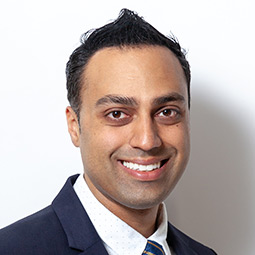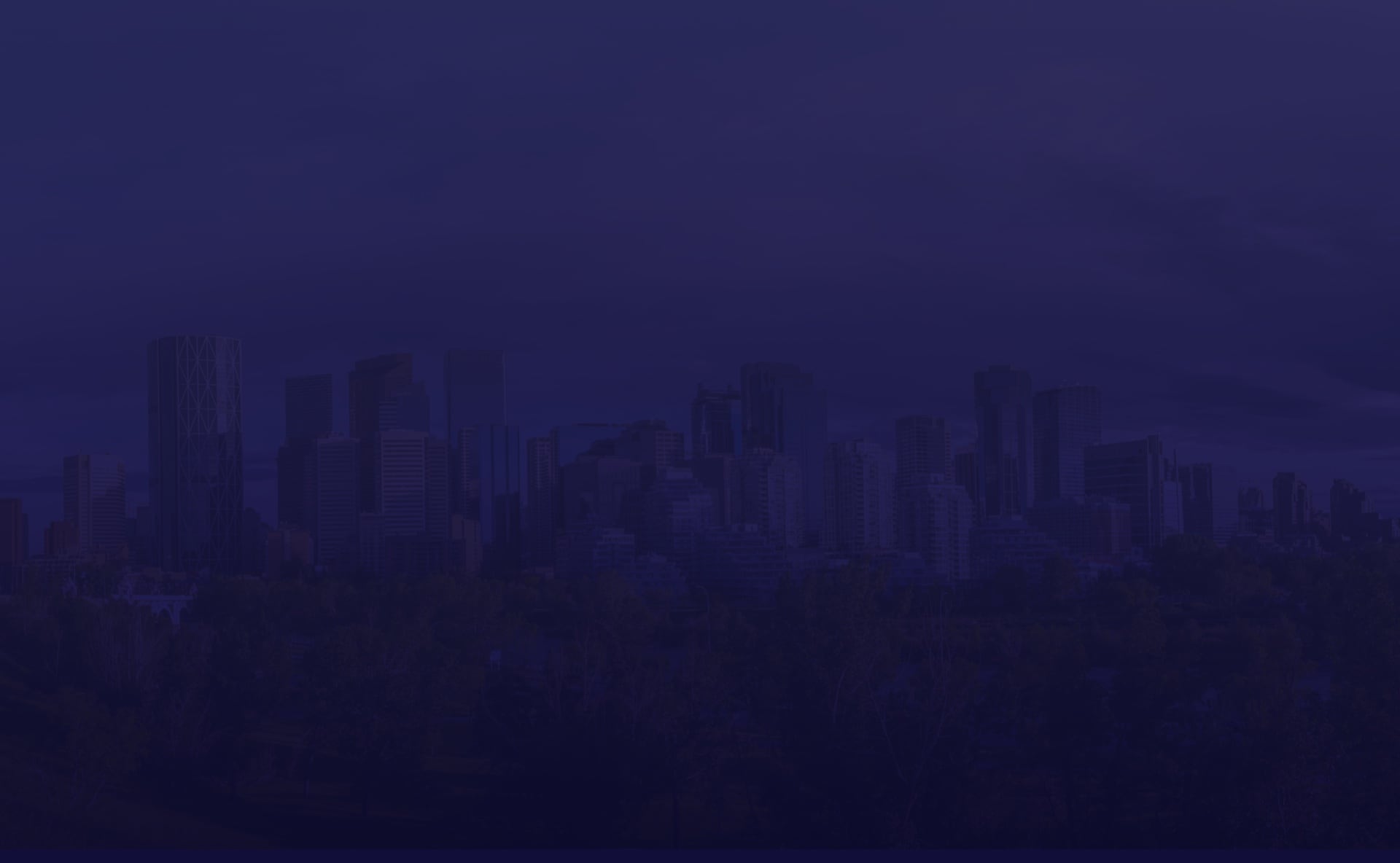Whenever you make a real estate purchase a down payment is required. If you are planning on purchasing your first home you may be wondering how much money you should set aside for your down payment, and where that money can come from.
There is no “rule” that specifies how much the perfect down payment is, but there are some standards in place that you will need to meet in order to get a mortgage. Depending on the size of your down payment you may encounter different levels of fees or interest rates, which can impact the total cost of your new home.
Down Payment Requirements
In Canada, for an owner occupied home, the minimum down payment for a house purchase of $500,000 or under is 5%. This means that if you want to purchase a property with a sale price of $400,000 you are required to have a minimum down payment of $20,000. Once you go over a purchase price of $500,000, you are required to have 10% on any amount over $500,000. For example at $600,000, you need $25,000 on the first $500,000 and another $10,000 (10%) for the next $100,000 for a total down payment of $35,000. On a property valued at $1,000,000 or higher, the minimum is at least 20% down and can be even more based on lender requirements.
Default Insurance Premiums In Relation to Your Down Payment
In general, the cost of the insurance is added into your total mortgage loan amount as a one time fee. Insurance premiums are paid by the borrower and with less than 20% down payment you will pay mortgage default insurance and your mortgage loan will be guaranteed by the Government against default. This insurance can come from one of three providers (CMHC, Genworth or Canada Guaranty). The overall cost of the insurance premium is based on the percentage of down payment.
As of March 2017, the premiums are:
- 4.00% of mortgage value with under 10% down.
- 3.10% of mortgage value with over 10% but under 15% down.
- 2.80% of mortgage value with over 15% but under 20% down.
- 2.40% of mortgage value with over 20% but under 25% down
- 1.70% of mortgage value with over 25% but under 35% down.
- 0.60% of mortgage value with over 35% down.
Most lenders will not require default insurance when the down payment is 20% or more.
Common Sources of Down Payments
Most people amass their down payment by saving money. However, this is not the only source of funds that you can use to put together a down payment. Other common sources include:
- Gifts from family: It is not uncommon for family members to gift a portion of the down payment used for new home purchases, particularly for first time home buyers.
- RRSP: If you qualify as a first time home buyer, you can access up to $25,000 from your RRSP under the HBP.
- Home equity lines of credit: For individuals who are purchasing a second property (or even third or fourth property) most lenders will allow you to use a line of credit, secured against the equity in your existing home, as a source of funds for your down payment. This could be done using a program such as the Government of Canada’s HBP (Home Buyers Plan).
- Bonuses or other financial windfalls: A work bonus, lottery winnings, or other financial windfalls are also acceptable sources of funds for your down payment.
Common Security Measures Enforced by Lenders
Your lender will want to be able to verify the source of your down payment. If the funds for your down payment have not been in a single account for at least 90 days your lender will ask you to verify the source of your down payment and likely require a further paper trail.
This process can be as simple as providing your lender with bank statements that show where various deposits were made, where the money came from, and when the transactions were completed.
This process is in place primarily to help safeguard against fraud and money laundering. It is also done to ensure that you are not using a high-risk, high-interest source of credit (such as a credit card) to fund your down payment.
If you have larger deposits in an account, these will have to be verified with further documentation.
Notable Advantages of Using a Larger Down Payment
A larger down payment can offer you several advantages over a smaller one. These include:
- Lower default insurance premiums. Since these premiums are paid by the borrower (you) and are based on a percentage of the total value of the mortgage in relation to your down payment.
- Higher initial equity in the property. A higher level of equity acts as a layer of security, cushioning you if market prices fluctuate. For example, if you put 20% down on a $100,000 mortgage you will begin by owning $80,000. If the price of your home drops and loses 10% of its overall value you will still owe less ($80,000) than the new market value of the home ($90,000). This prevents you from going underwater, a term used to describe when you owe more on the property than it is worth.
- A lower mortgage payment. A $100,000 home with a 5% down payment, when amortized over 25 years at a 3% interest rate, means that you will pay $450 per month on your mortgage. With a 20% down payment, the same property and mortgage only costs you $370 per month.
Determining Which Down Payment Size Makes Sense for You
While it’s usually a good idea to put together as large a down payment as you can afford, this isn’t always the case. You should work with your mortgage broker to determine how much money you should set aside for your down payment, taking into account your lifestyle and short-term financial goals and obligations.




